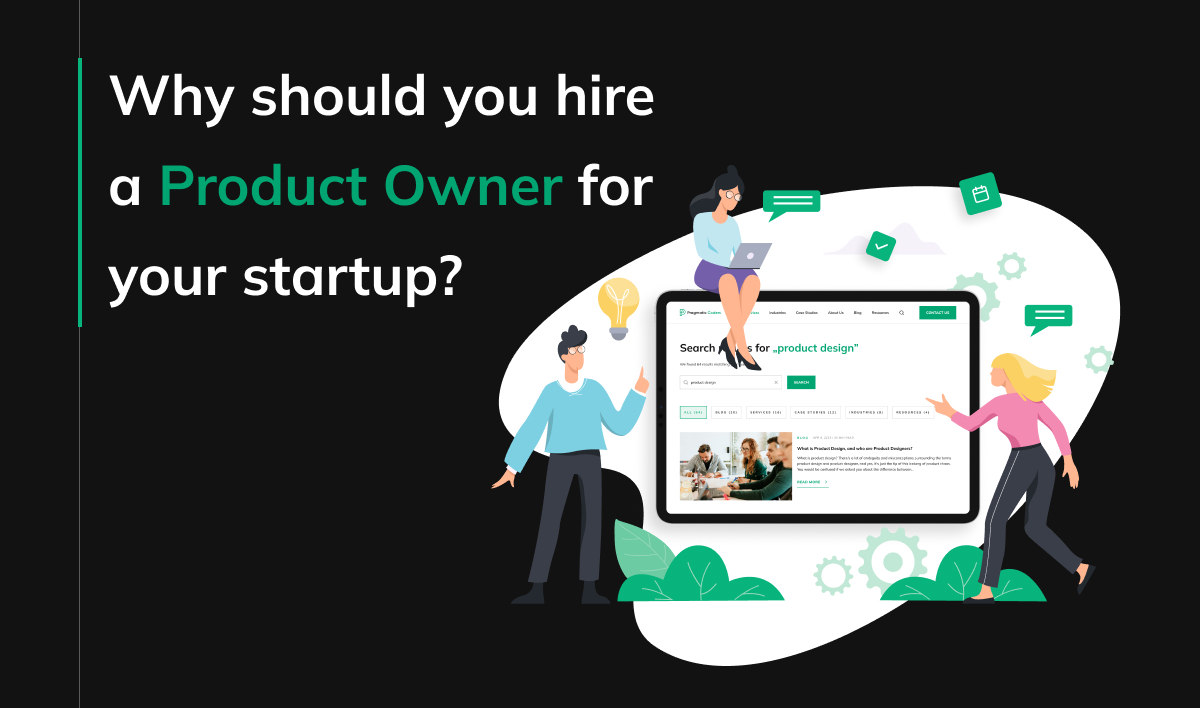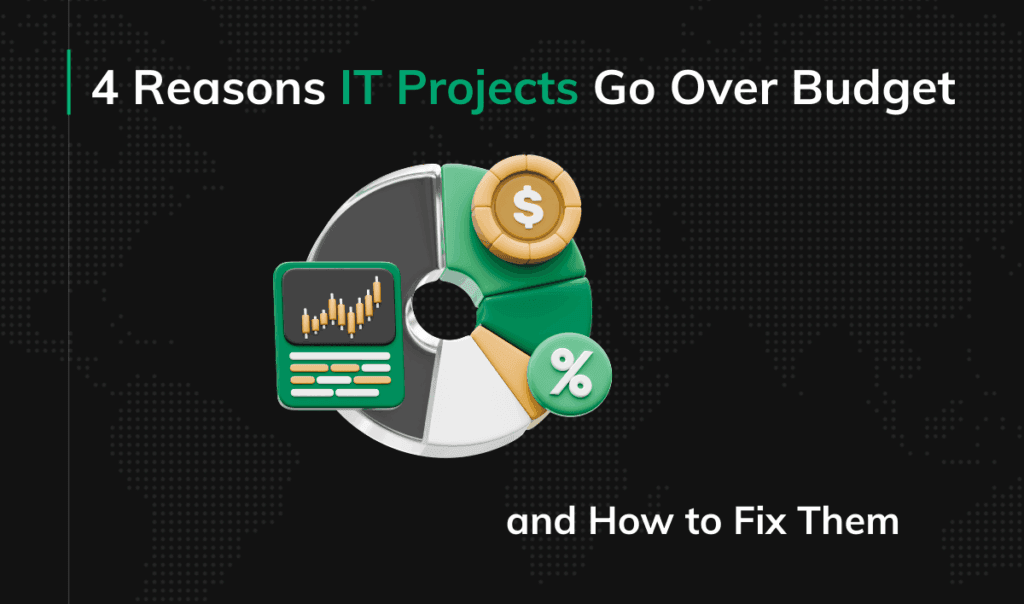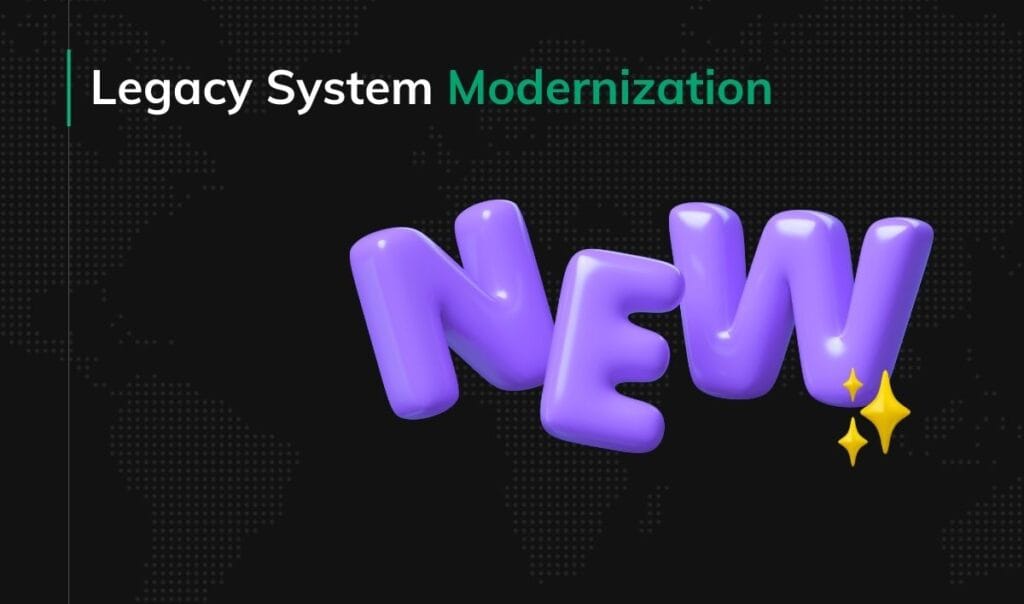Why should you hire a Product Owner for your startup?

Many startup founders consider hiring a software development agency to deliver their product, but not every agency offers professional Product Owner services. As an owner of a start-up, should you insist on hiring the Product Owner and the agency’s development team? Or maybe you should hire one on your side so that the Product Owner will be “closer to the business”?
Should I hire a Product Owner if my scope is already well defined?
When there is a “well-defined scope,” there is always a temptation to insist on a fixed-price contract. In complex custom software development projects, you can not correctly estimate the cost of development upfront. In such a case, signing the fixed-price, fixed-scope contract means that someone will take the extra cost. The only question is, who is going to pay for that – you or the agency? Read more about different types of software development pricing moodels.
If the software agency you are negotiating with is ready to estimate and deliver the complex and large product in a fixed-price manner, then there are two possibilities:
- You are overpaying
- You will be surprised by the low quality
On the contrary, when you deal with small, non-custom projects, such as a new landing page, simple e-commerce, simple website, or a few screens’ mobile app, the fixed-price model makes sense and even should be used.
You can not only answer the question of which model – Time & Material or Fixed-Price is better since it depends on the context and the job that needs to be done. If your project is “simple,” you probably do not need a Product Owner, but the need for professional Product Management skills increases whenever it turns into complexity.
Product Owner in Time & Material model
The main concern against the Time & Material model when startups founders negotiate with development agencies is the risk of losing control over the budget. But there are a few ways you can deal with that, and Product Owner might be crucial here.
If you don’t trust your supplier yet and you are afraid of the costs increasing infinitely, you can choose a hybrid model with a hard cap on the budget. You can agree with the software house on the time & material contract but with the budget’s a hard limit. After the limit is hit, the services’ price should be decreased (let’s say to the cost level). That way, you and the supplier are motivated to finish the assignment as soon as possible, and they will not leave you with the unfinished job since they have too much to lose. A Product Owner is solely responsible for managing the scope within the agreed budget.

How do we do that?
Since we usually do not do standard, simple, and repeatable projects at Pragmatic Coders, we work mostly in Time & Material model with our clients. Sometimes with a defined hard cap to earn the client’s trust first.
In our case, we always assign our Product Owner to such cooperation, especially with a hard-capped budget. Such a person is responsible for delivering the minimal product version to production as soon as possible and developing it further based on real market data and user feedback. The finally delivered scope is usually drastically different from the client’s initial scope and upfront estimates.
But the results are usually way better than in projects we used to do according to requirements defined upfront. We are not mentioning that the endeavour’s final total cost is much lower than when a huge, complex product is delivered to production after months, if not years, of development. Then it has to be changed because the market demands something else.
Why is the Product Owner role crucial?
The Product Owner is usually perceived as someone defining requirements based on all the stakeholders’ needs and goals. That is partially correct. More important than defining new requirements is eliminating or postponing requirements that do not need to be delivered at first and releasing a minimal version of the product to production without them. This is where the real value of the Product Owner’s role came from.
What’s more, a Product Owner’s role is key in our “create products, not software” philosophy.
Yes. Software doesn’t equal products. Why? Let me explain.
Product vs software. What’s the difference?
While software development focuses on the technical aspects of creating software, product development takes a broader approach, encompassing the entire product lifecycle from conception to launch and beyond.
Software development aims to deliver outputs, while product development strives for outcomes that solve user problems and achieve business goals.
Product managers lead product development, overviewing of the entire product development process, doing market & business analysis, planning the development (through creating product roadmaps).
That’s the difference between product and software. Software is just a piece of code, product – a piece of code THAT generates business value (=revenue). And that’s the area where Product Owners are crucial.
Why is it so important to go live as early as possible with your product?
Only based on the real data from your product’s usage you can learn if you build the right thing. There is no other way to ensure your money has not been wasted. Of course, you can conduct UX research, potential user surveys, market research, etc. However, that is more guessing and forecasting than concluding based on empirical evidence. These methods only decrease the risk of spending money, not the most efficient way, not eliminate it.
Our Product Owners are doing all of that for our clients. They are
- analyzing the market and competition,
- creating new ideas and solutions,
- surveying potential users and gathering requirements,
- communicating the vision to the development team,
- working closely with all of the stakeholders,
- taking care about adequate quality level,
- and making day to day decisions.
But this is not what is most important in the Product Owners job at the beginning. The first stage of product development is usually crucial and has the highest impact on the rest of the product lifecycle. Decisions made at the beginning will have consequences in the future. The most important thing for the Product Owner at this stage is to maximize the amount of work NOT done.

Unique skill set and experience
We have found out that Product Owners on our (software agency) side could often do that part much better than Product Owners on the client side or founders themselves. The particular skill set and experience that our Product Owners possess and improve but also because of the lower emotional bond to the founders’ product vision. Our Product Owners work closely with founders and other stakeholders to shape the requirements and define the minimal scope of work to go live. Still, they do this more methodically than emotionally. That cold judgment allows them to make better decisions on what needs to be done and what could wait for later. There is plenty of dialogue in that cooperation. Still, we are trying to empower our Product Owners as much as possible to make as many decisions as possible on their own since they are responsible for the budget allocation.
Earning clients’ trust is not easy, but we are in a good position since we live from product development when our clients usually do it for the first (sometimes second or third) time. We are releasing a few products to production every year.
Product Owner and Product Vision
None knows the startup vision more than its founders. Thus communication and transparency are crucial. From the founders’ perspective, managing the product independently is always a temptation. But on the other hand, if startup founders have time to play a full-time Product Owner role, the question is, what other startup building aspects will suffer? The day has only 24 hours.
As mentioned above, going live is a process that should take up to a few months. That is just enough time to prepare the marketing, think about the company structure around the product, search for the next founding sources, build strategic partnerships, often gain proper licenses and permissions, etc. If founders have enough time to manage the scope and write down requirements, the chances for spectacular product success could be estimated as relatively low.
So what do you think? Is it worth hiring a Product Owner for your startup?







